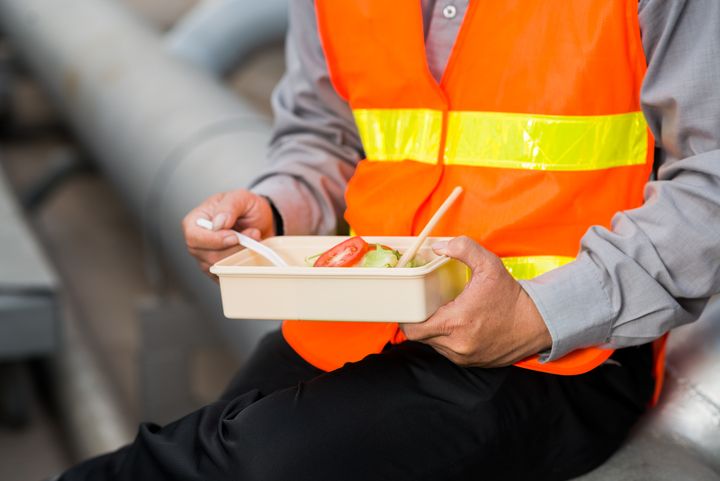
When you enter the workforce, it’s important to know your rights. Not only should you receive fair compensation for the work you do, you should be given proper time to rest from your work.
In many cases, this means your employer needs to give you adequate breaks, including meal breaks, during your work shift.
California’s Employee Meal Break Law
Under California Labor Code Section 512, your employer typically must give you a meal break under the following circumstances:
- If you work more than five hours in a day, you get at least a 30-minute meal break; and
- If you work more than 10 hours in a day, you get two meal breaks, each 30 minutes or more.
These basic rules can change, based on the industry that employs you.
The basic rules of California Labor Code 512 might not apply to the following workers under collective bargaining agreements:
- Wholesale baking employees,
- Construction employees,
- Motion picture industry employees,
- Broadcasting industry employees,
- Commercial drivers,
- Security officers,
- Employees of electrical corporations,
- Employees of gas corporations, and
- Employees of local, publicly owned electric utility providers.
These workers are exceptions to the general meal break laws if their working hours and/or collective bargaining agreements have certain characteristics.
In many circumstances, these employees should still receive rest breaks or meal breaks, but the breaks aren’t subject to the same timetables. If your boss isn’t giving you breaks and you’re unsure if the general rules apply, an experienced wage and hour attorney can determine if your employer committed a violation.
Contact Us Now
Does My Employer Have to Pay Me During a Meal Break?
Generally, no. Your employer doesn’t have to pay you for meal breaks, but this rule comes with exceptions.
Your employer has to relieve you of all duty during your meal break. This means that your employer can’t ask you to do any kind of work during your break.
During your meal break, you can basically go where you want. If your employer doesn’t relieve you of all your work obligations during your meal break, you’re “on duty.” Your employer has to pay you for your on-duty meal breaks.
On-duty meal breaks are allowed only when the nature of your work demands them and you and your employer agree in writing to on-duty meal breaks. An agreement to have on-duty meal breaks must give an employee the option to revoke.
Do I Have to Take My Meal Break?
If you’re trying to get in and get out of work without breaking up your day too much, sometimes you can forgo your meal break. If your workday is six hours or less, you and your employer can agree that you don’t take a meal break during your shift.
If you work between 10 and 12 hours, you don’t have to take both meal breaks if you and your employer agree. But you still have to take one meal break during a shift that’s over 10 hours.
What Happens if My Employer Doesn’t Give Me Meal Breaks?
If your employer denies you meal breaks required under Cal Labor Code 512, you could be entitled to compensation.
You have the options of asking your employer to compensate you for the denied breaks (generally a good first step), filing a wage claim, and filing a lawsuit. You have three years to file a wage claim.
Contact an Attorney to Secure the Benefits of Your Labor
If your employer has wrongfully denied you benefits, the Workplace Rights Law Group, LLP can help you recover them.
We know how to get the best results for your case. Our experienced attorneys can give your case the specialized attention it needs to win the resolution that best suits you.
Contact us online or call us at 818-405-9051 for a free case review.
